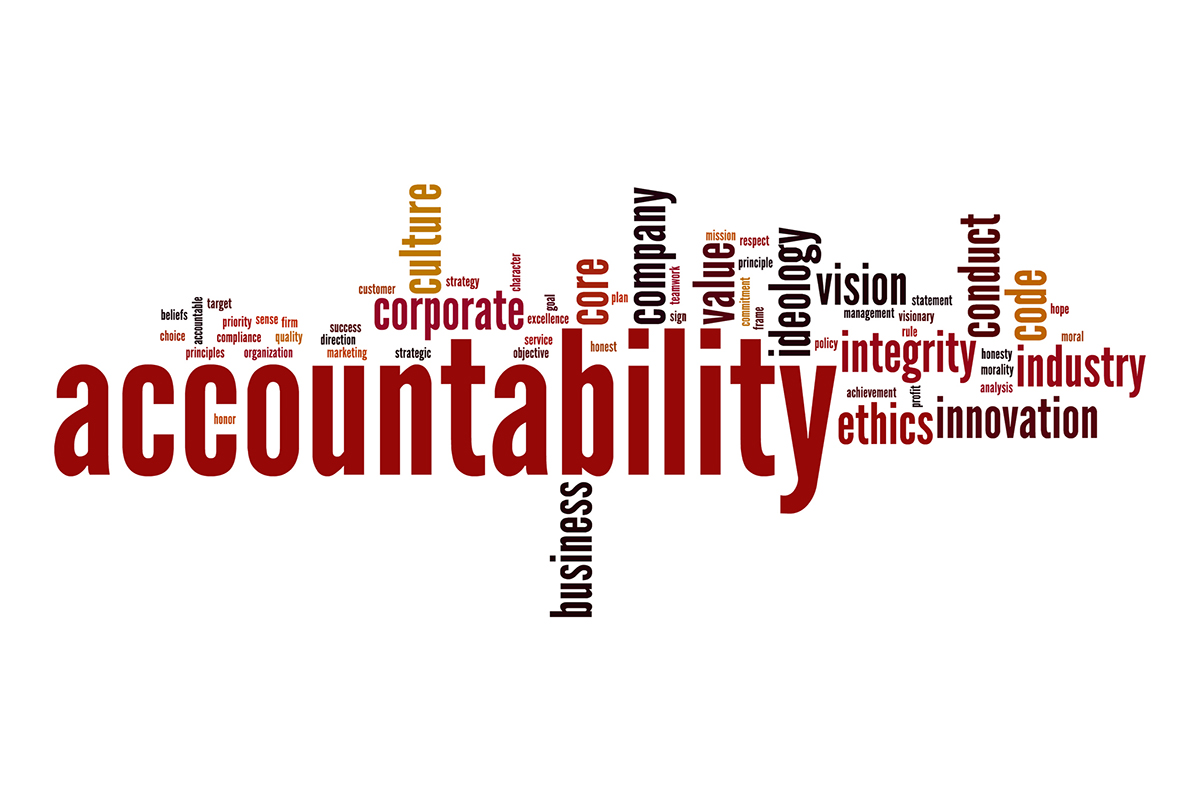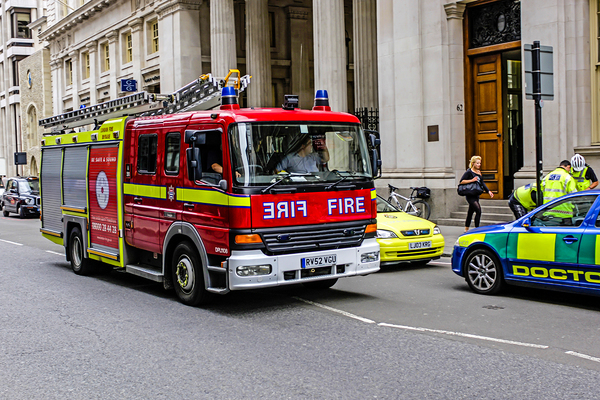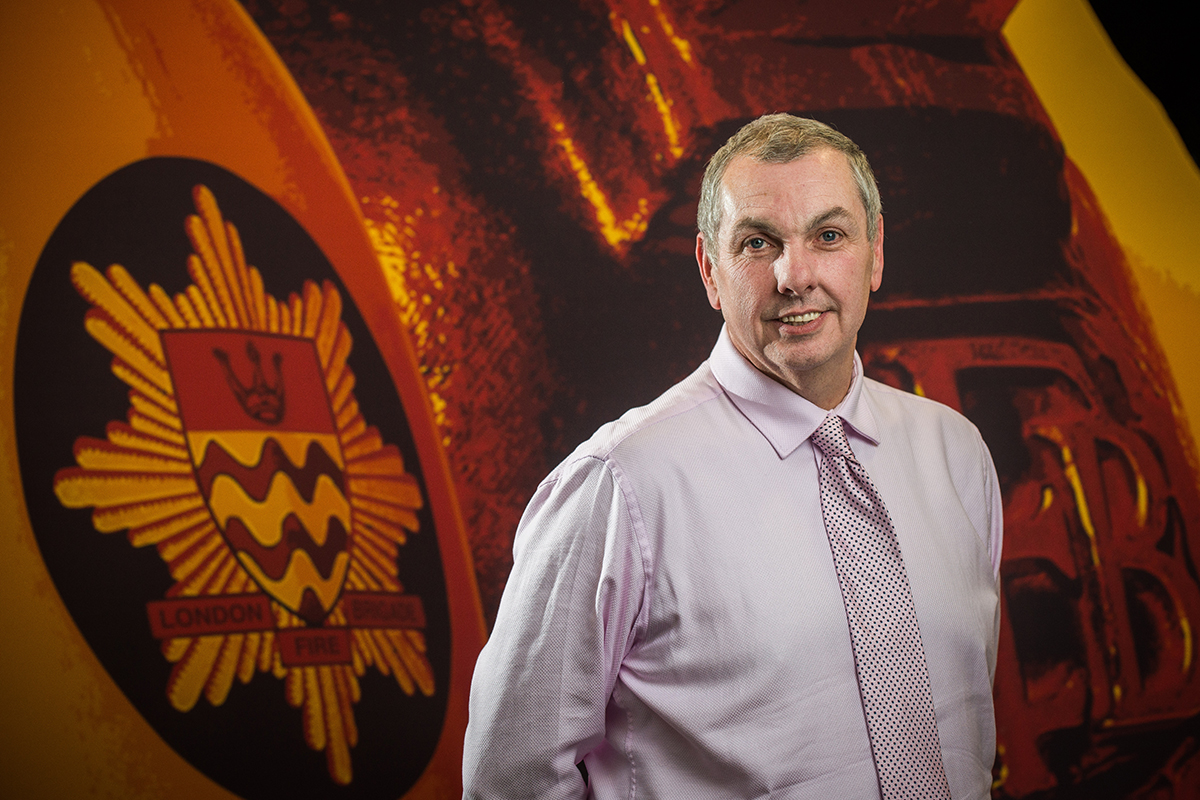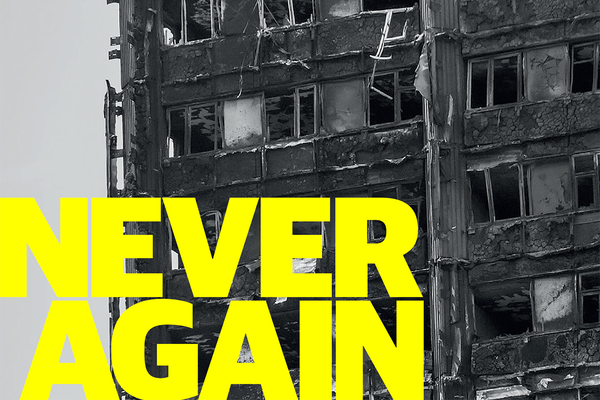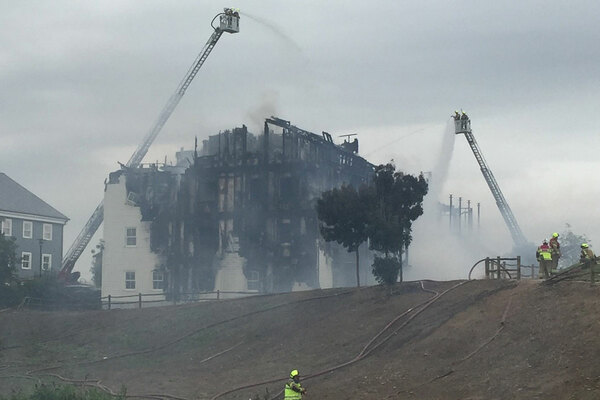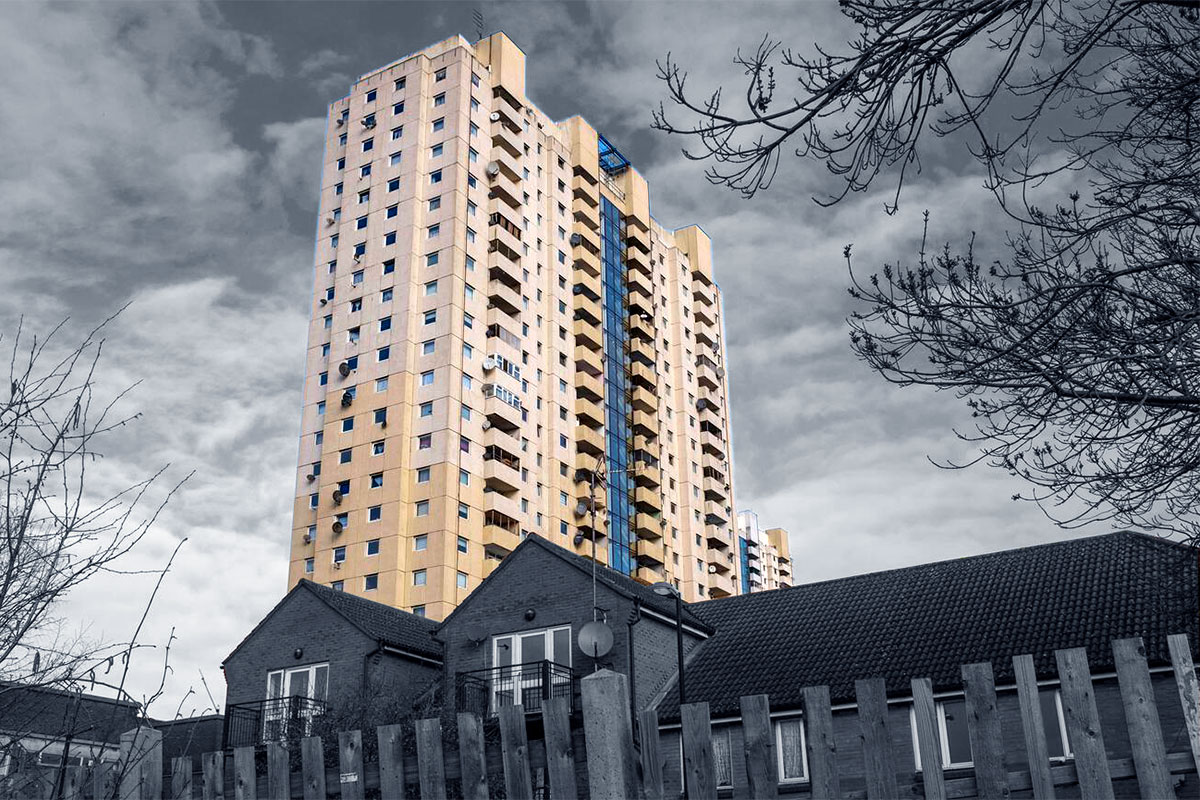You are viewing 1 of your 1 free articles
Time for a culture change on fire safety
A lack of obvious accountability is making bad decisions on fire safety much more likely and this needs to change, writes Martin Hilditch
This week marked eight months since the Grenfell Tower tragedy and the drive to look at specific issues such as cladding shouldn’t disguise the equally pressing need to address the culture of fire safety in the UK.
If there was a main theme to our interview this week with Nicholas Coombe, vice-chair of the National Fire Chiefs Council protection arm, it would be exactly this.
Mr Coombe points to a culture in which bad decision-making is made much more likely by the absence of any obvious line of accountability.
This is clear from a quick look at Mr Coombe’s list of the types of problems the London Fire Brigade discovered in tower blocks in the months following Grenfell.
These included risk assessments that weren’t being reviewed regularly enough, issues with fire stopping in tower blocks and firefighting lifts, and dry risers and smoke ventilation systems that weren’t working as they should.
“Accountability is vague to the point of having no meaning.”
This list alone is instructive. In a few words a picture is painted of widespread failures. There are risk assessors who haven’t flagged up serious problems, landlords and local councils unaware of problems in their blocks and a fire service which had previously been oblivious to these widespread issues.
He described the extent of the problems discovered by the fire service after Grenfell as “disappointing” considering the light shone on tower block safety following 2009’s Lakanal House fire, in which six people died.
This is where the issue of the underlying culture of fire safety really bites. Problems with building regulations, risk assessments and fire stopping were all well-known and well-discussed following Lakanal. Many landlords took action as a result – but the underlying culture changed not one jot.
Lines of accountability remain vague to the point of having no meaning. The system of enforcement completely failed to identify the scale of the problem. When it comes to incentivising change almost nothing was added to the table following the Lakanal fire. The system went on relying on little more than goodwill and good luck.
This has also had the effect of tying up fire service resources.
As Mr Coombe puts it, if confident, competent people were carrying out fire risk assessments it could free up resources that could be used elsewhere.
Now there are 30% fewer fire safety officers, according to Mr Coombes, than there were a few years ago and so that becomes an increasingly important issue.
His suggestion is that there should be a more robust enforcement regime “through the life cycle of a building”.
Dame Judith Hackitt’s review of regulation and fire safety should at least provide clarity around building regulations. But as another month ticks by following Grenfell, the interview with Mr Coombe provides a reminder that there are wider cultural changes needed to incentivise excellence in the years to come.
Martin Hilditch, managing editor, Inside Housing
Never Again campaign
Inside Housing has launched a campaign to improve fire safety following the Grenfell Tower fire
Never Again: campaign asks
Inside Housing is calling for immediate action to implement the learning from the Lakanal House fire, and a commitment to act – without delay – on learning from the Grenfell Tower tragedy as it becomes available.
LANDLORDS
- Take immediate action to check cladding and external panels on tower blocks and take prompt, appropriate action to remedy any problems
- Update risk assessments using an appropriate, qualified expert.
- Commit to renewing assessments annually and after major repair or cladding work is carried out
- Review and update evacuation policies and ‘stay put’ advice in light of risk assessments, and communicate clearly to residents
GOVERNMENT
- Provide urgent advice on the installation and upkeep of external insulation
- Update and clarify building regulations immediately – with a commitment to update if additional learning emerges at a later date from the Grenfell inquiry
- Fund the retrofitting of sprinkler systems in all tower blocks across the UK (except where there are specific structural reasons not to do so)
We will submit evidence from our research to the Grenfell public inquiry.
The inquiry should look at why opportunities to implement learning that could have prevented the fire were missed, in order to ensure similar opportunities are acted on in the future.

